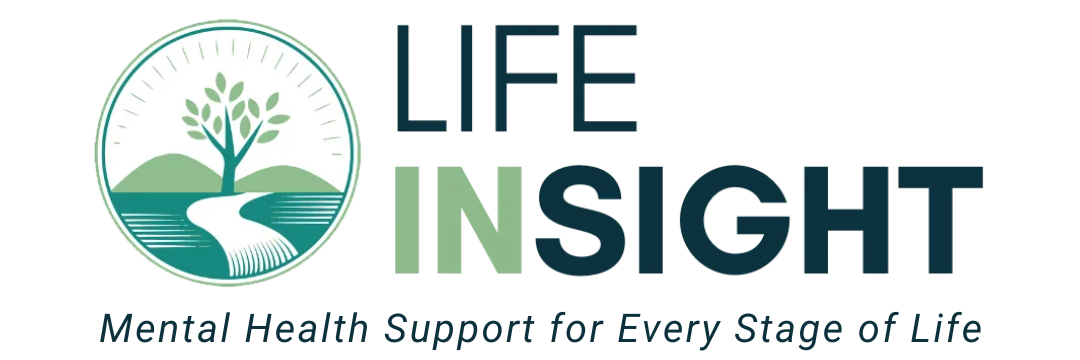SPACE Treatment: Empowering Bergen County Parents to Support Anxious Children and Teens
Parenting can be one of life’s most rewarding experiences, but it also comes with challenges—especially when anxiety becomes a significant part of a child’s life. For parents in Bergen County searching for effective ways to support their children, SPACE (Supportive Parenting for Anxious Childhood Emotions) offers a compassionate, evidence-based approach.
Created by Dr. Eli Lebowitz at the Yale Parenting Center, SPACE focuses on empowering parents to help their children overcome anxiety. Unlike traditional therapies that often work directly with children, SPACE equips parents with skills and strategies to reduce their child’s anxiety and foster resilience at home.
Understanding SPACE
SPACE is a revolutionary program that shifts the focus of treatment from children to their parents. The goal is to empower parents with tools to respond supportively to their child’s anxiety while reducing accommodations that may inadvertently reinforce it.
Research has shown that SPACE can significantly decrease anxiety symptoms and improve overall functioning in children and teens. It is particularly effective for those struggling with:
- Separation Anxiety
- Social Anxiety
- Generalized Anxiety
- Specific Fears or Phobias
- Obsessive-Compulsive Disorder (OCD)
Breaking the Cycle of Anxiety Accommodations
When a child experiences anxiety, it’s natural for parents to adapt their routines or behaviors to ease their child’s distress. They may avoid certain activities, rearrange schedules, or shield their child from triggers. While these accommodations can bring short-term relief, they often lead to a cycle of avoidance, unintentionally increasing anxiety in the long run.
- SPACE equips parents with the skills to break this cycle by:
- Identifying and reducing accommodations that maintain anxiety.
- Setting clear, supportive boundaries to encourage their child’s growth and independence.
- Communicating in a way that validates feelings while promoting confidence.
- Creating lasting change by fostering an environment where anxiety no longer dictates daily life.
How SPACE Benefits Bergen County Families
At Life InSight Center, we understand that anxiety doesn’t only affect the child experiencing it—it impacts the entire family. Siblings, caregivers, and parents often adjust their own lives to manage the challenges anxiety presents, which can strain relationships and routines.
By participating in SPACE, Bergen County parents gain a deeper understanding of how to support their children effectively. Families who complete the program often notice:
- Reduced anxiety symptoms in their child.
- Increased confidence in their parenting strategies.
- A more harmonious family dynamic.
- Tools to handle future challenges with resilience and clarity.
Why Bergen County Families Choose SPACE
If you’re a Bergen County parent searching for an innovative approach to help your child manage anxiety, SPACE might be the solution you’ve been seeking. This program is designed to give parents the tools they need to foster independence and emotional growth in their children while reducing the stress and disruption anxiety can bring to the household.
At Life InSight Center, our experienced therapists are trained in the SPACE method and are dedicated to helping families in Bergen County thrive. Whether your child struggles with fear of separation, social situations, or persistent worries, we’re here to guide you every step of the way.
Take the First Step
Helping your child overcome anxiety starts with empowering yourself. Contact Life InSight Center today to learn more about SPACE or to schedule a consultation. Let us help you create a supportive environment where your child can grow, and your family can thrive.
Discover the difference SPACE can make for your Bergen County family. Together, we can build a brighter future.





